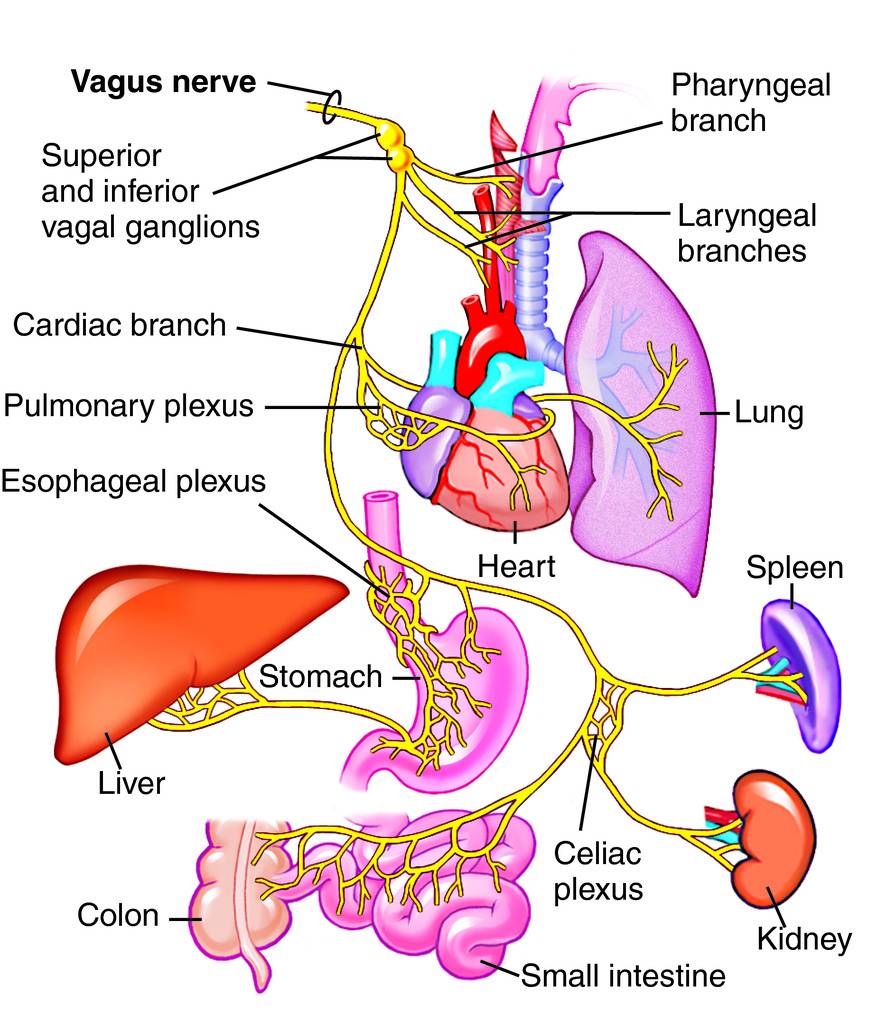The Gut-Brain Connection: How Your Stomach Influences Your Mood

As a physician, I’ve seen countless patients who complain of unexplained fatigue, anxiety, irritability, or even low mood — and when you ask them about their digestion, you often find a story hidden beneath the surface: bloating, constipation, indigestion, or irregular appetite.
This isn’t a coincidence. Over the years, science has begun to catch up with what ancient medicine already suspected: your gut and your brain are deeply connected — physically, chemically, and emotionally.
And if your gut is unhappy, your mind rarely stays unaffected.
What Is the Gut-Brain Connection?
Your digestive system is more than a food processing unit. It’s lined with hundreds of millions of neurons, often referred to as the “second brain.” These neurons communicate constantly with your central nervous system, mainly through the vagus nerve — a long highway that runs from your brainstem to your intestines.
Add to this the gut microbiome — trillions of bacteria that live in your digestive tract — and you have a complex biological network that can influence your emotions, immunity, memory, and even your behavior.
This is not theoretical anymore. It’s established clinical understanding.
What Happens in the Gut Doesn’t Stay in the Gut
If your gut is inflamed, imbalanced, or burdened by poor dietary choices, it sends distress signals to the brain. You may not feel pain in the gut directly — but you’ll feel it as irritability, mental fog, anxiety, or low resilience.
Patients often describe:
• A “knot” in the stomach when they’re anxious
• Constipation or diarrhea when they’re under pressure
• Appetite changes during emotional distress
All of these are real physical manifestations of gut-brain signaling.
Serotonin: The Mood Chemical — Made in the Gut
More than 90% of serotonin — the neurotransmitter responsible for mood, sleep, and emotional balance — is produced in the gut.
When your gut is imbalanced, serotonin production can falter.
This is one reason why people with poor digestion often report low energy, irritability, and restlessness.
The Role of Gut Bacteria
Your gut microbiome is a living ecosystem — and it’s incredibly sensitive.
• Antibiotics, processed food, sugar, and stress destroy good bacteria
• Fiber, fermented foods, prebiotics, and probiotics help the gut flourish
A healthy gut microbiome:
• Supports calmness and clarity
• Helps regulate stress response
• Improves immunity and even skin
In simple words: a balanced gut = a balanced mind.
Foods That Disturb the Gut-Brain Axis
• Excessive sugar
• Artificial sweeteners
• Processed food
• Carbonated drinks
• Fried or greasy items
• Irregular or rushed meals
These not only harm digestion but also irritate the nervous system, making your mind more reactive.
Foods That Heal Both Gut and Mind
• Fresh fruits and vegetables (fiber = microbiome nourishment)
• Yogurt and fermented foods (probiotics)
• Olive oil and nuts (anti-inflammatory)
• Ginger, turmeric, fennel (digestive herbs)
• Warm water with lemon in the morning
• Mindful, slow meals — in silence, if possible
Breath: The Forgotten Link
Breath controls both the nervous system and abdominal organs.
A few minutes of diaphragmatic breathing each day can:
• Stimulate vagus nerve tone
• Calm the intestines
• Reduce stomach tightness
• Lower heart rate and anxiety
A Holistic Daily Gut-Mind Ritual (Recommended)
• Warm water on waking
• Regular bowel movement without pressure
• Breakfast with fruits/fiber
• 10-minute walk post meals
• Deep breathing before bed
• Avoid screen use during meals
• Cut sugar and fried food intake to 2×/week max
A Doctor’s Reflection
In my practice, I’ve seen anxiety improve when constipation is resolved.
I’ve seen patients with brain fog become clear-headed after removing dairy or gluten.
I’ve witnessed IBS resolve not with pills, but with patience, breathing, and probiotic support.
Sometimes, healing the mind doesn’t require psychiatry — it requires listening to the gut.
The gut doesn’t just digest food — it digests life.
When it is overwhelmed, the brain suffers. When it is supported, the mind stabilizes.
Modern medicine has finally begun to validate what traditional systems always knew:
"The stomach is the home of calm, or the beginning of chaos."
If you want to improve your mood, energy, and clarity — start with the gut.
It speaks quietly, but truthfully.
Listen — and it will reward you with health, harmony, and healing.
Physician’s Advice Corner
Do you have questions about the topic ? Kindly share them in the comments below or email us at info@withinthebody.com or message us on WhatsApp at 0092 320 8708835.
If you like the article or our website, kindly share the link with your contacts.
Your health is your responsibility — but you don’t have to manage it alone. The right knowledge, at the right time, can save lives.
By Dr. Mohammed Tanweer Khan
A Proactive/Holistic Physician
Founder of WithinTheBody.com
